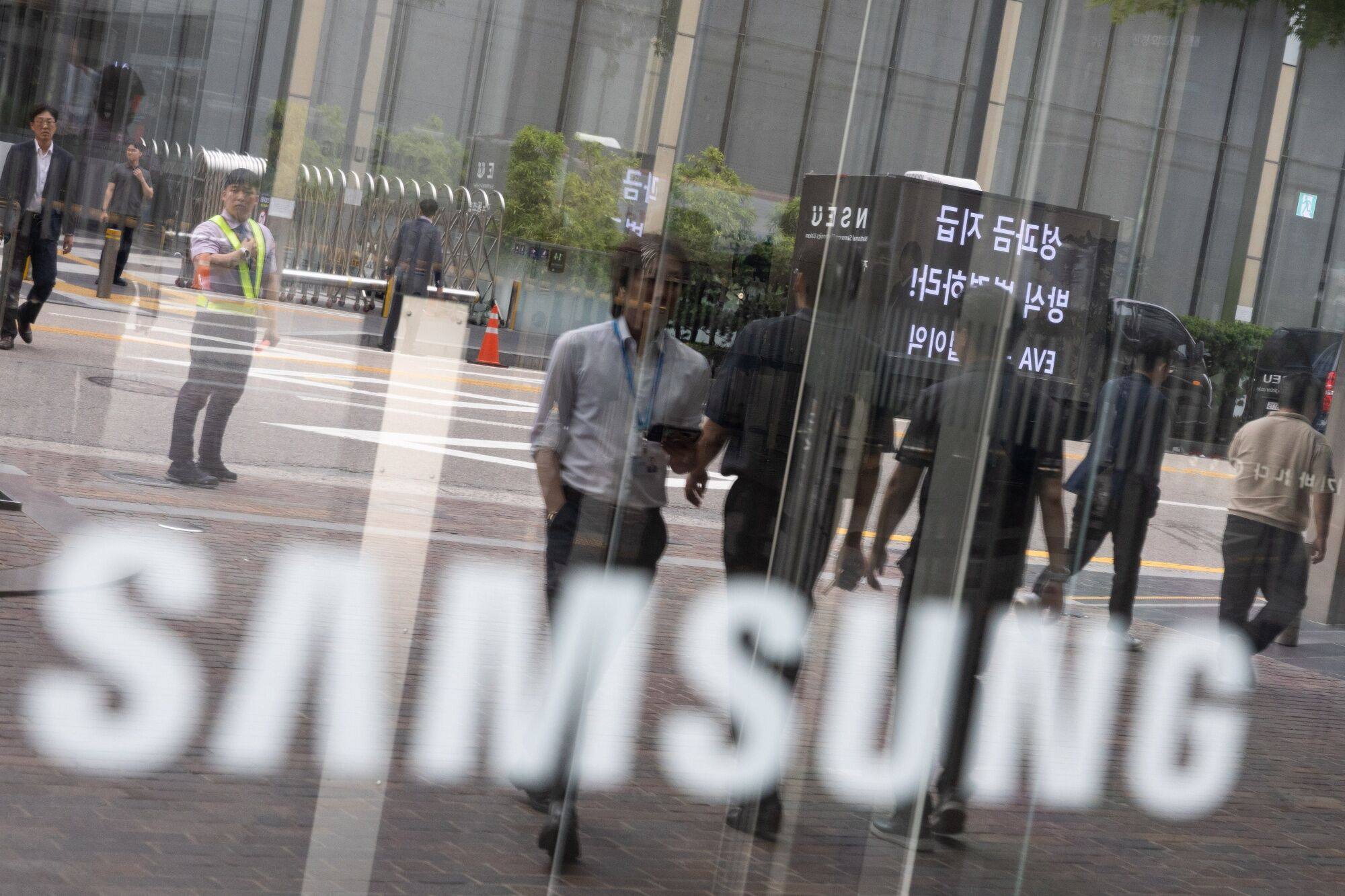China’s top memory chip maker, Yangtze Memory Technologies Corporation (YMTC), is seeing a surge in demand for its flash memory chips, which have become a top choice for local clients, particularly those working in government and military-related projects, as Beijing strives to cut reliance on foreign semiconductor products.
Demand for locally manufactured components, from graphics processing units to flash memory chips, has been surging, as China embarks on an ambitious drive to expand computing infrastructure to support generative artificial intelligence development.
Leading industry players from YMTC to Huawei Technologies have become some of the biggest beneficiaries of this national endeavour. YMTC’s growing business momentum defied expectations that it might have to quit the 3D NAND flash memory market after being added to a US trade blacklist in late 2022.
As the Wuhan-based company continued to achieve breakthroughs in cutting-edge products, it has become a favourite supplier for government-related projects in the country, according to two people involved in the domestic chip industry, who requested anonymity to share private information.
YMTC, which remains privately owned, does not disclose business operation and financial information.
In a statement to the Post, YMTC said that its technology “is not military grade nor fitted for military applications”. “YMTC has never supplied its technology or products for any military use, nor have we been directed by any entity to supply its technology or products for military use,” the company said. “YMTC has no knowledge of any military-related project that has adopted YMTC’s products.”
Prices of YMTC’s enterprise-level NAND flash memory chips have risen over the past months on strong local demand, which exceeds the firm’s current production capacity, said one of the sources, adding that government-related entities have prioritised YMTC over its foreign rivals such as US-based Micron Technology and South Korean giant Samsung Electronics.
YMTC’s Wuhan plant earlier this year halted production because of a machine failure, forcing the company to borrow machines from another local fab, according to one of the sources, and a third person familiar with the matter.

Chinese semiconductor experts have called on the government to favour locally-made products when building computing systems.
One of them, self-sufficiency advocate Ni Guangnan, said during the Nanjing World Semiconductor Conference last year that the government should mandate the use of domestically-produced solid-state drives in its procurement policy and tender documents instead of choosing the lowest-priced tender price by default.
Micron and Samsung both saw revenue drop in China last year. The US firm recorded a revenue fall of 34 per cent in mainland China and 80 per cent in Hong Kong for its financial year ending August, while the South Korean company said its revenue in China was down 21 per cent.
Globally, NAND flash sales sank last year as demand collapsed, according to a report by research firm IDC, prompting Samsung and SK Hynix to cut production. But the market has shown early signs of a pickup this year, according to Taiwan-based researcher TrendForce.

